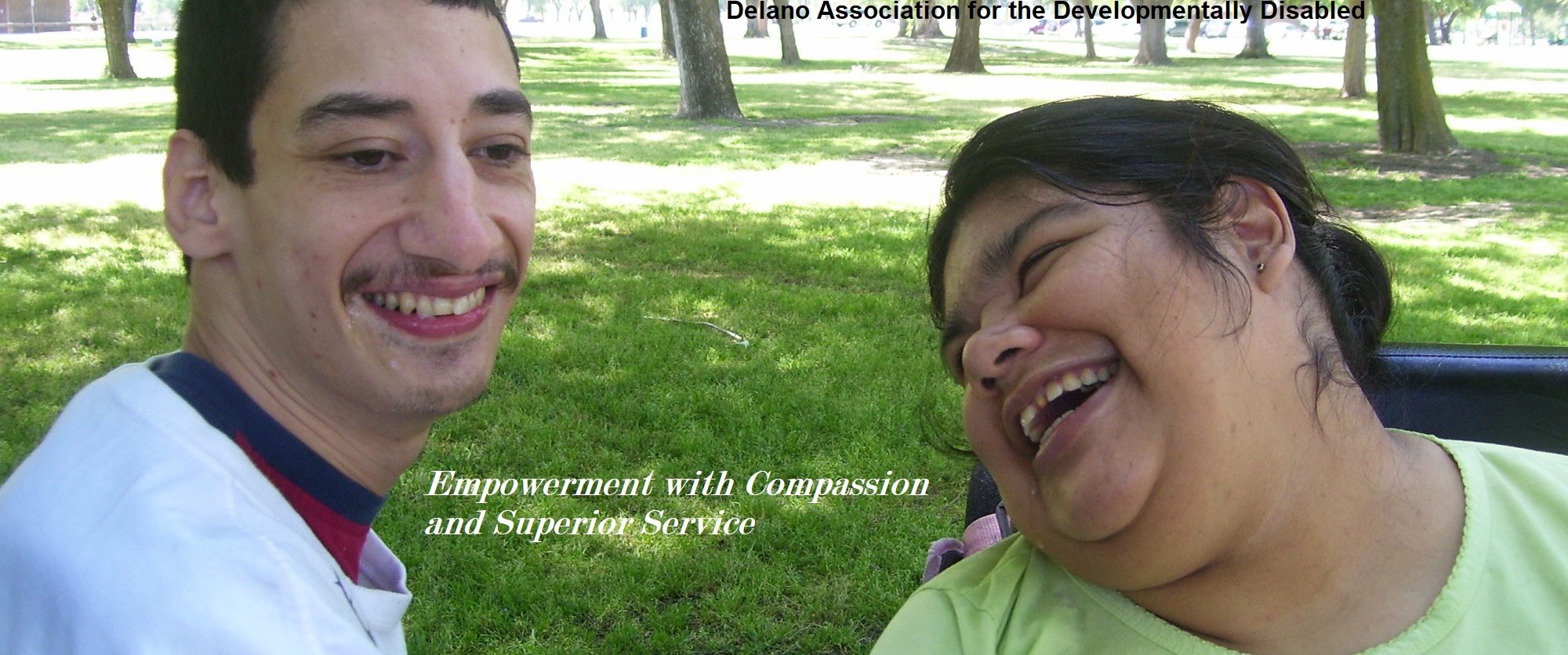Community Living – Philosophy
DADD recognizes the right of all people to live where they prefer, with whom they desire, and in the manner they choose with free access to their residence and the community. This access and involvement in community includes development and maintenance of vital and strong relationships with others. Further, the right for individuals in a free society to make personal choices and direct their life preferences and needs is imperative. To the degree these ideals are amenable to the network of agencies and individuals that support regional center consumers DADD strives through its Supported Community Living Services (SCLS) to make them a reality.
Included in this philosophy is the belief that all people who reside in communities never truly live in completely independent situations but rather in inter-dependent conditions where they rely not only on their own skills but the skills of others in order to live “independently”. An individual may have the right and ability to make personal choices such as whether to eat out or in, but without the goods and services of restaurants and grocery stores those choices would not be possible. Everyone relies on others to give heat and cooling, to deliver and prepare food in stores, to manufacture clothes, provide entertainment that comes into our homes, cleaning and personal hygiene supplies, law enforcement, health care and many more services and products which allow us to be “independent”. It is this common everyday communal interdependency that we refer to when we say “independent living”. Real independent living is really interdependent living. Developing the personal abilities and skills necessary to live efficiently and effectively with others in society is what independent living training is all about – receiving from others but also contributing where we can. It is the bridge to a social living condition where the goods and services of the society can be accessed and used for the improvement of the quality of life of the service recipient.
